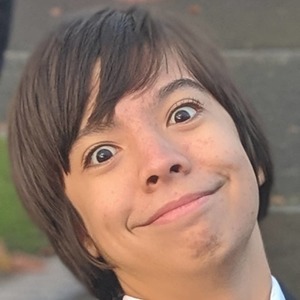30135389
EdExcel GCSE - History - Superpower Relations and the Cold War - Prague Spring and the Soviet Invasion of Czechoslovakia
Descrição
Sem etiquetas
FlashCards por Malachy Moran-Tun, atualizado more than 1 year ago
Mais
Menos

|
Criado por Malachy Moran-Tun
aproximadamente 3 anos atrás
|
|
Resumo de Recurso
| Questão | Responda |
| Why was there Growing Opposition to Soviet Control in Czechoslovakia in the 1960s? | > Antonin Novotny (leader since 1957): hardline communist, who refused to introduce reform > Economy was in serious decline - fall in living standards > After demands for greater democracy, Alexander Dubček was elected in 1968 > Dubček was approved by Soviet leadership, but also made the government more popular with his reforms |
| What were the Prague Spring Reforms? | > April 5th 1968 > Amendments to the Czechoslovakian constitution > Brought back a degree of political democracy and personal freedom > Oppressive aspects of the Communist Party to be reduced > Communist Party members given the ability to challenge policies > Dubček announced an end to censorship and the right to criticise government was given > Trade unions had increased rights to bargain |
| Why was Brezhnev not Reassured by the Reforms? | > Dubček assured that Czechoslovakia was to remain in the Warsaw Pact but... > Romania refused to attend Warsaw Pact meetings > Tito, leader of Yugoslavia, refused to accept control from Moscow |
| What happened during the Soviet Invasion of Czechoslovakia? | > August 20th - 21st 1968 > Troops from the Warsaw Pact invaded Czechoslovakia to reassert Moscow's authority > 500,000+ troops entered to stop the Prague Spring reforms > Brezhnev ordered the Czech army to remain in its barracks > Some people tried to block roads, throw petrol bombs etc. > Invading forces were invited to help restore law and order > Dubček and other leaders were arrested and forced to accept the end of the move towards democracy > Dubček replaced with Gustáv Husák in 1969 (ha), hardliner and loyal to Moscow |
| What was the Brezhnev Doctrine? | > Invasion proved that the USSR was not willing to be lenient with Warsaw Pact members > Brezhnev Doctrine enforced this - called for the use of the Warsaw Pact to intervene in any Eastern Bloc nation, who compromised soviet rule > Included trying to leave the Soviet Sphere of Influence or moderating Soviet policies > Duty of Warsaw Pact countries to intervene, including through the use of violence > Redefined communism as a one-party state |
| How did other Communist Countries / Parties React to the Invasion? | > Yugoslavia and Romania condemned the invasion > Communist parties in Italy and France cut links to Moscow |
| How did the USA and other Western Governments React to the Invasion? | > Outraged by the invasion (wow really‽) > Strong protests to the USSR > Attempts to pass a formal resolution condemning the invasion to the UN, but USSR vetoed it > USA involved in Vietnam war, so was more bothered by that whole thing > USA also beginning to adopt détente with the USSR, so much less prepared to take action |
Quer criar seus próprios Flashcards gratuitos com GoConqr? Saiba mais.
